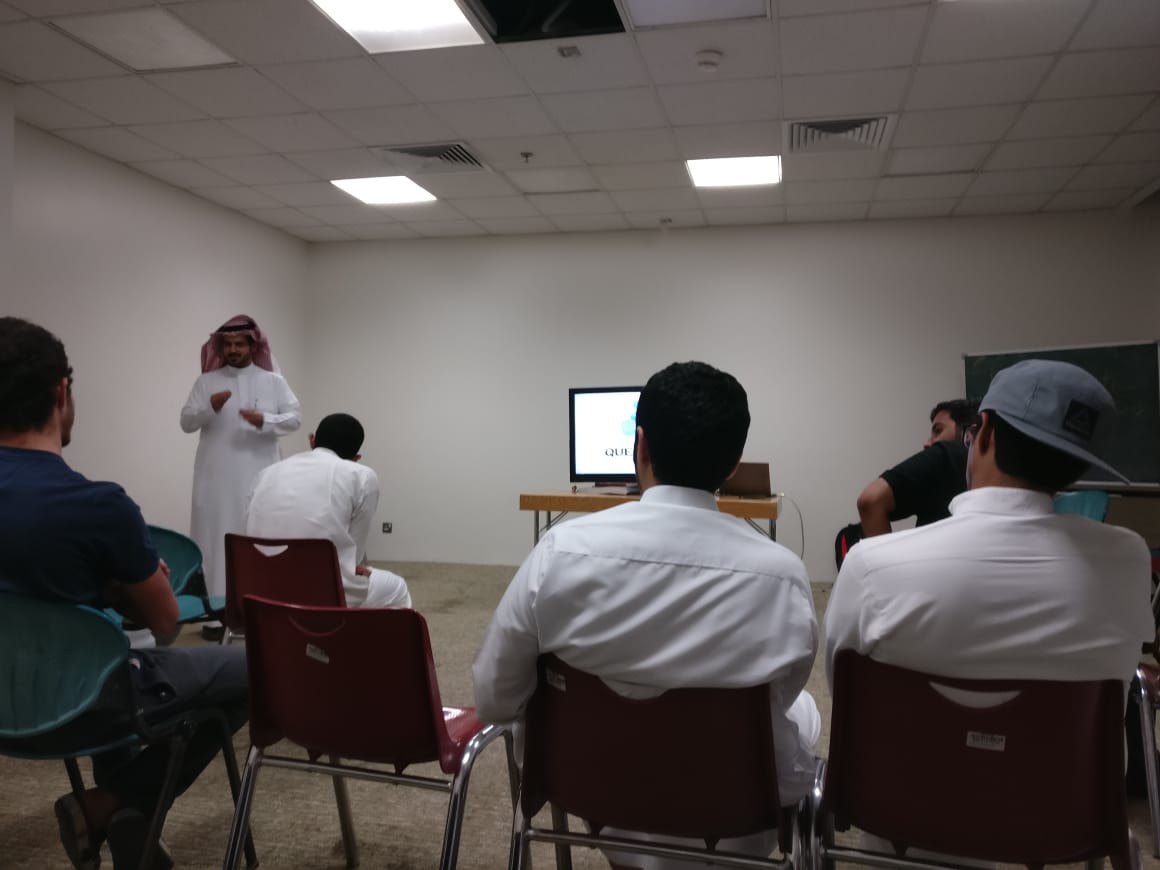Training and Capacity Building

CEEE offers interactive training and capacity building programs in a range of topics related to Energy Efficiency, Smart Buildings and Cities, Renewable Energy Sources, and Emerging Technologies for Energy Applications. CEEE’s training and capacity building programs are developed through comprehensive training courses delivered by experts and resources/tools to conduct the training courses that meet real-world problems with creative solutions and by engaging the stakeholders (i.e., participating students, engineers, and professionals) in real project-based case studies.
CEEE also developed a strategic plan of actions and activities to undertake capacity-building projects and promote knowledge exchange between participants and trainers. All participants have been involved in conducting energy audits and assessment of buildings and industrial sites with the purpose of identifying energy waste and opportunities for improving energy efficiency while at the same time reducing greenhouse gas (CO2) emissions and promoting the use of renewable energy sources. Besides, CEEE intends to also involve participants in developing a reliable and effective energy management system in buildings and industries as well as exploring smart buildings by using applied research case studies. Within the King Fahd University of Petroleum & Minerals (KFUPM), CEEE established a Student Energy Club to help KFUPM students in creating awareness on energy efficiency and environmental sustainability. The students are regularly challenged with energy efficiency-related competitions such as who can best design sustainable and cost-effective energy efficient systems. Moreover, CEEE maintains close collaboration with national and international entities (i.e., centers, research institutions, universities, and organizations) to acquire experience and knowledge from their research and consultants, promote innovation in energy efficiency and renewable energy, and provide the most appropriate solution for the client’s needs.
The main objective of CEEE’s training and capacity building program is to first equip the stakeholders (i.e., participating students, engineers, and all industry professionals) with sufficient knowledge, skills, and understanding of energy efficiency and its link to sustainable development and environmental protection, and then ensure that all stakeholders can implement energy-related best practices and recommendation as well as innovative energy conservation strategies.
CEEE team uses various teaching techniques – theoretical lectures and practical applied courses – as a means for stakeholders (or participants) to understand the importance of energy efficiency in buildings and industries, to create awareness about energy conservation and environmental protection, and to acquire applied strategies for improving energy efficiency and management as well as effectiveness of smart buildings and cities.
- Thus far, CEEE has trained 125 students and continue to train at least 10 students annually.
- 6 KFUPM students received 28-weeks COOP training on energy auditing, implementing control and retrofitting involving PV panels for a net-zero building.
- 7 staff/affiliates attended CEM/CEA training.
- CEEE is also sponsoring Dr. Abdulrahman Almerbati and Dr. Fahad Alismail (2 affiliates) for 2-month summer energy audit training in two different U.S universities in 2021.
THEORETICAL ASPECTS OF CEEE TRAINING INCLUDE:
- Safety and Precautions
- Energy Audit and its Levels
- Energy Conservation and Environmental protection
- Sustainability
- Energy and Comfort Management
- Public Lectures, Workshops, and Events
PRACTICAL ASPECTS OF CEEE TRAINING INCLUDE:
- Conducting Energy Auditing and Assessment
- Technical Manipulation of Measuring Instruments, Equipment, and Tools
- Preforming Energy-Use Analysis
- Writing Professional Energy Audit Report
SIMULATION-BASED DESIGN TOOLS FOR ENERGY EFFICIENT BUILDINGS
CEEE continues to give priority to the training of students, engineers, and other professionals as one of its main objectives. In this regard, CEEE developed an online training on the theme, “Simulation-Based Design Tools for Energy Efficient Buildings.” So far, over 80 students have benefitted from this online training, which has been offered 3 times in term 193, 201, and 202.
Main Training Objective:
- To make participating students familiar with the main features of the two most utilized simulation software tools (eQUEST and ESP-r).
- Provide hands-on experience and practical experience on some quality assurance aspects in the use of simulation software tool.
Main Training Outcomes
- Producing students qualified in modelling, assessing, and simulating a building’s energy and performance application.